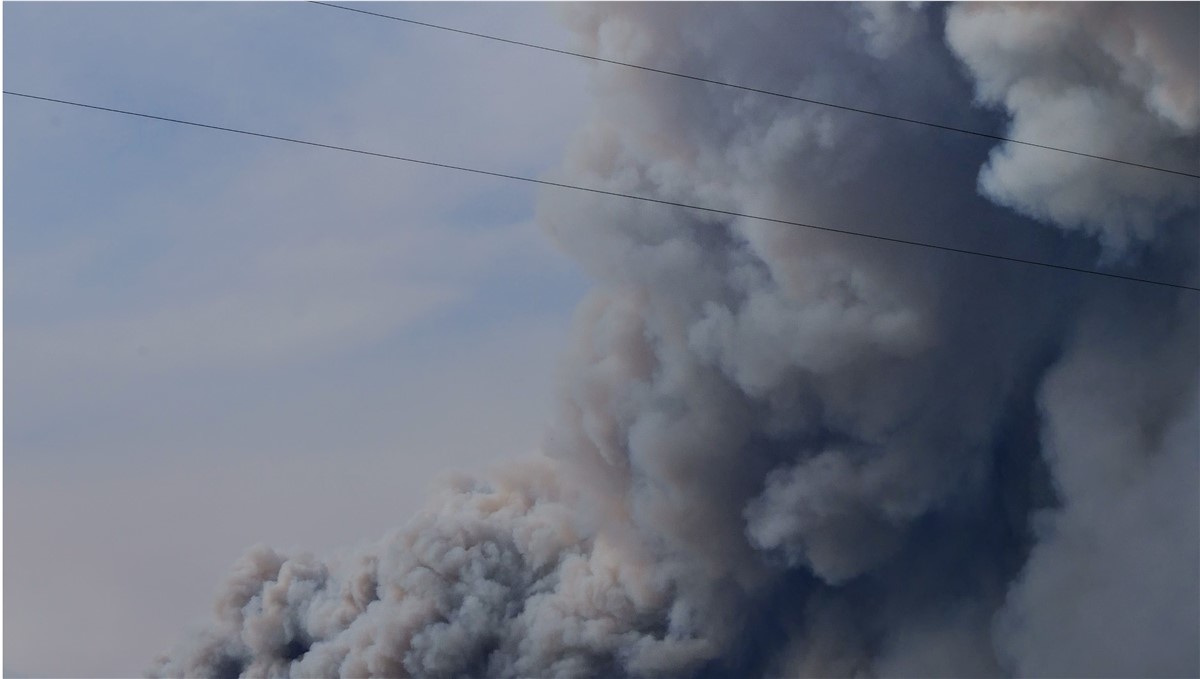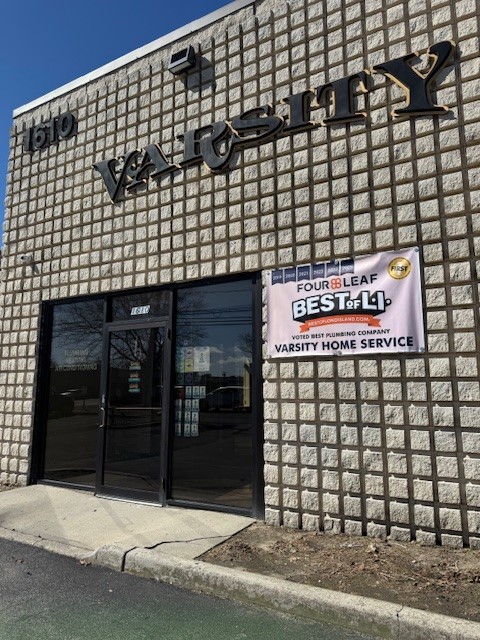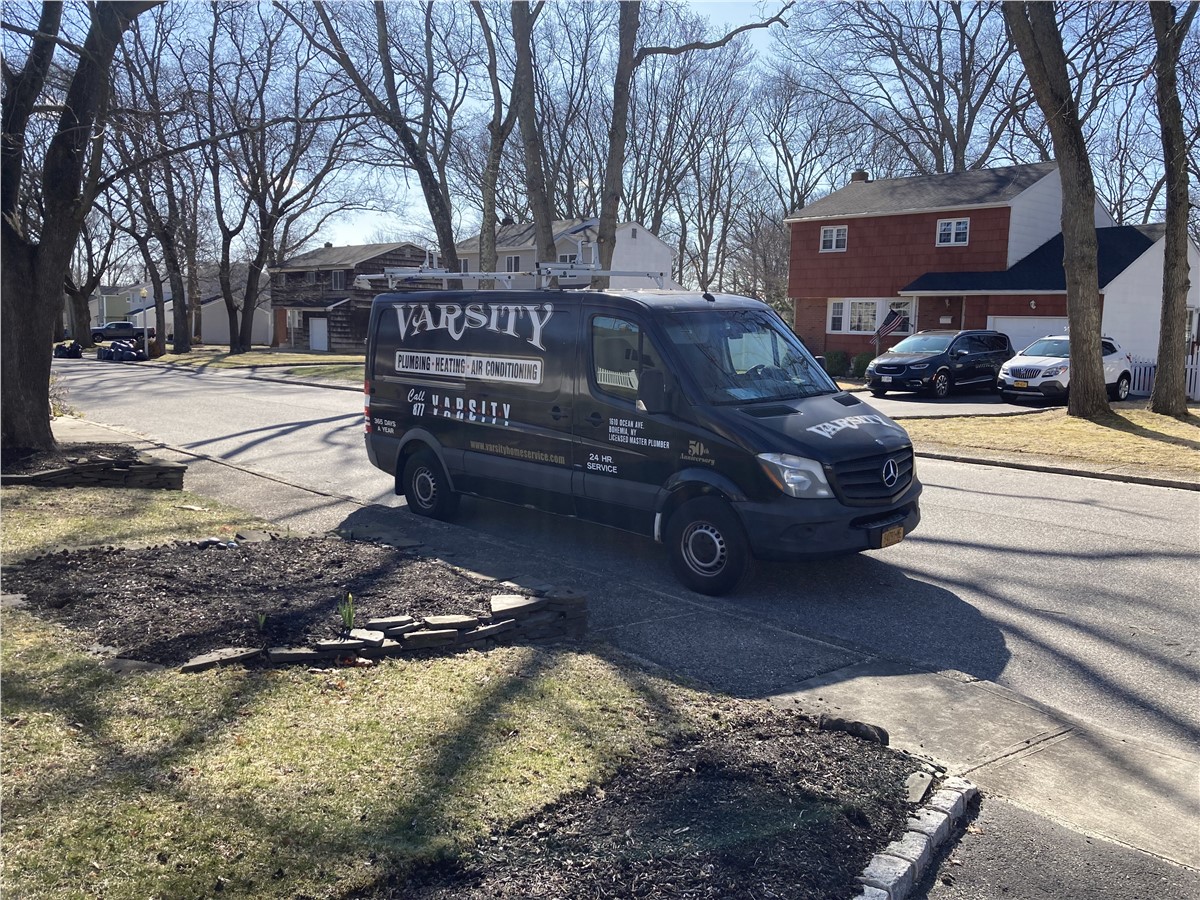
In recent years, New Yorkers are not only hearing more about tragic wildfires – they are starting to experience the effects of smoke from wildfires burning in other areas. Even in other countries!
According to the Centers for Disease Control and Prevention (CDC), the smoke from Canadian wildfires that drifted into the U.S. this summer led to a spike in people with asthma visiting emergency rooms — particularly in the New York area. Given the negative health impact of wildfire smoke and ash, it is important to learn how to protect yourself and safeguard your indoor air quality.
About Wildfire Smoke
Wildfire smoke is a mix of gases and fine particles that are released when materials (such as plants, buildings and trees) burn. Breathing in this kind of smoke can cause negative health impacts like respiratory issues (coughing, trouble breathing, wheezing), stinging eyes/throat, runny nose/irritated sinuses, headaches, and even chest pain. While wildfire smoke can cause symptoms for anyone, it’s even more concerning for children, those who are pregnant, those who suffer from respiratory issues like asthma or COPD, and those who suffer from heart disease.
How to Prepare for Wildfires
• Know your community’s evacuation plans, escape routes and shelter locations.
• Keep emergency supplies on-hand.
• Closely monitor fire watches and warnings.
• Make a plan for keeping pets safe.
• Prepare for potential power outages.
• Install indoor air quality devices in your home.
Indoor Air Quality Tools for Wildfire Smoke
It can be very difficult to seal off your home from wildfire smoke. Smoke can easily make its way into your home through windows and doors, cracks/crevices, and even the fresh air intake on your air conditioning system. Additionally, indoor air quality can be further exacerbated by activities in your home such as smoking, using wood-burning stoves/fireplaces, spraying aerosol products, cooking, or burning candles.
Not all indoor air quality devices are equally effective against wildfire smoke. To specifically protect your home against smoke, you need an air cleaner that protects against airborne fine particles. Two great options are ionizers and air scrubbers. These devices can be installed directly in your HVAC system, so you can count on clean air throughout your entire home.
IONIZERS
Ionizers are indoor air quality devices that remove particles from the air to purify it. These devices use negative ions to help tiny airborne particles collect and settle out of the air so they can no longer circulate through your home. Ionizers do not simply trap airborne particles like an air filter would; rather, they facilitate their removal from the airflow. Some unique features of ionizers compared to other indoor air quality devices are their ability to reduce odors, smoke and static electricity in the home.
AIR SCRUBBERS
Air Scrubbers utilize ActivePure, a photocatalysis technology that propels molecules into the air to inactivate microscopic airborne and surface contaminants by destroying their living environment. Unlike other air purification technologies, Air Scrubbers do not take a passive approach in requiring the contaminants to be pulled into the device to treat them; instead, Air Scrubbers seek out and neutralize contaminants proactively. They also have UV lights built in, which gives them the dual power of treating both airborne AND surface particles. This type of technology is used in hospitals around the world.
Air Scrubbers attach directly to the ductwork of your central heating and/or cooling system to reduce allergens, viruses, bacteria, pathogens, and other fine particles in the ambient air and on surfaces. These devices are an excellent solution for most indoor air quality priorities because they provide 24/7 surface decontamination and whole-home air purification. Air Scrubbers have been scientifically proven to reduce up to 99.9% of many common airborne and surface contaminants and have been tested to neutralize at least 22 dangerous clinically relevant pathogens (including COVID-19, Flu, E. Coli, Norovirus, Listeria, Legionella, Salmonella and more).
Consult a Professional
Investing in indoor air quality can help proactively safeguard your health from natural disasters like wildfire smoke. For air purification recommendations, call Varsity Home Service to set up a free consultation with an indoor air quality professional.
Subscribe to Varsity Home Service's Blog







